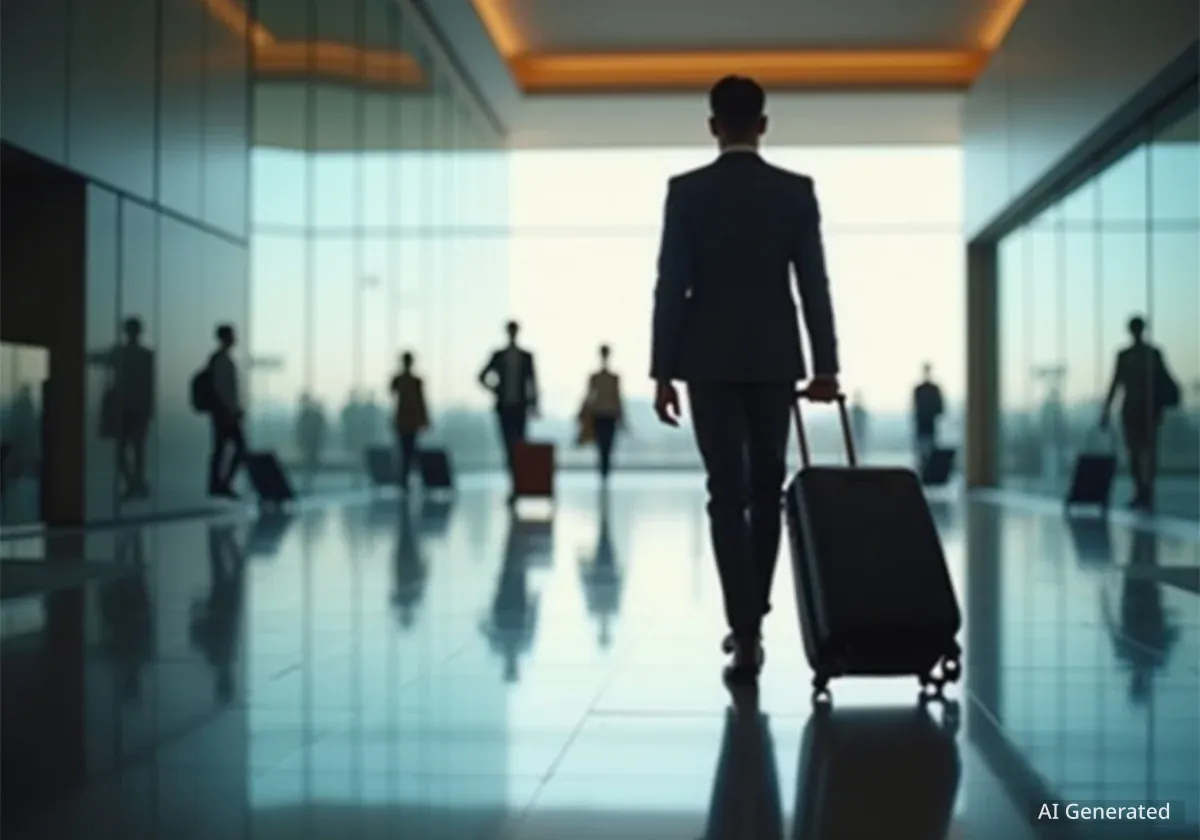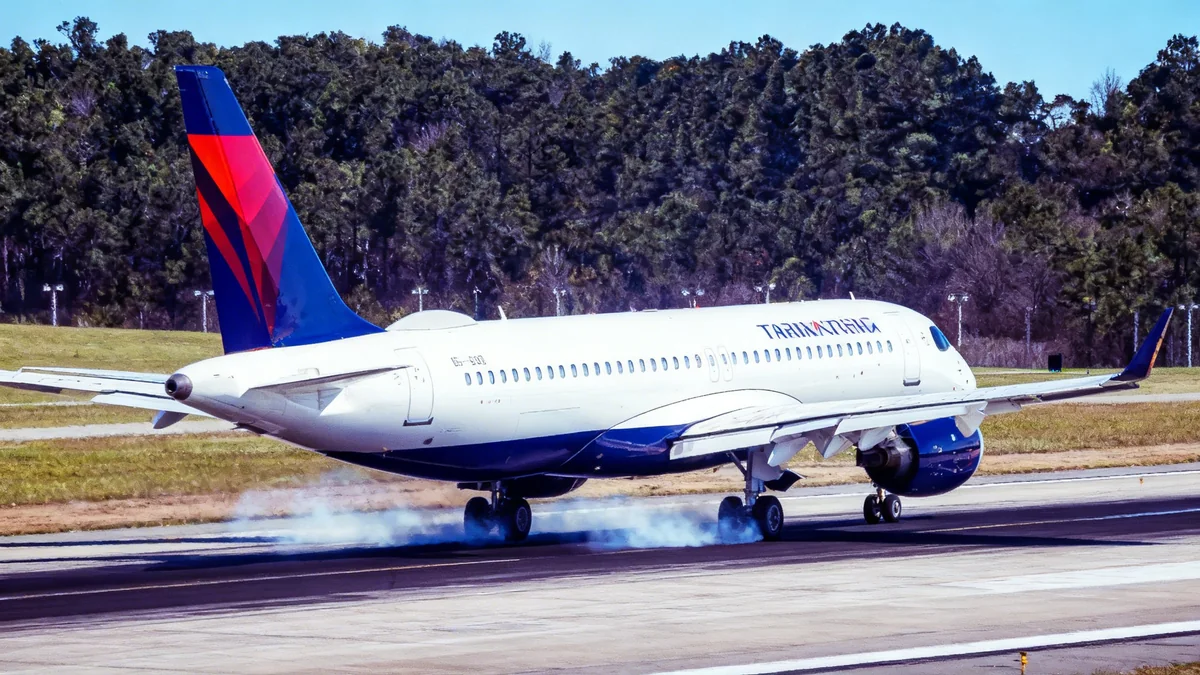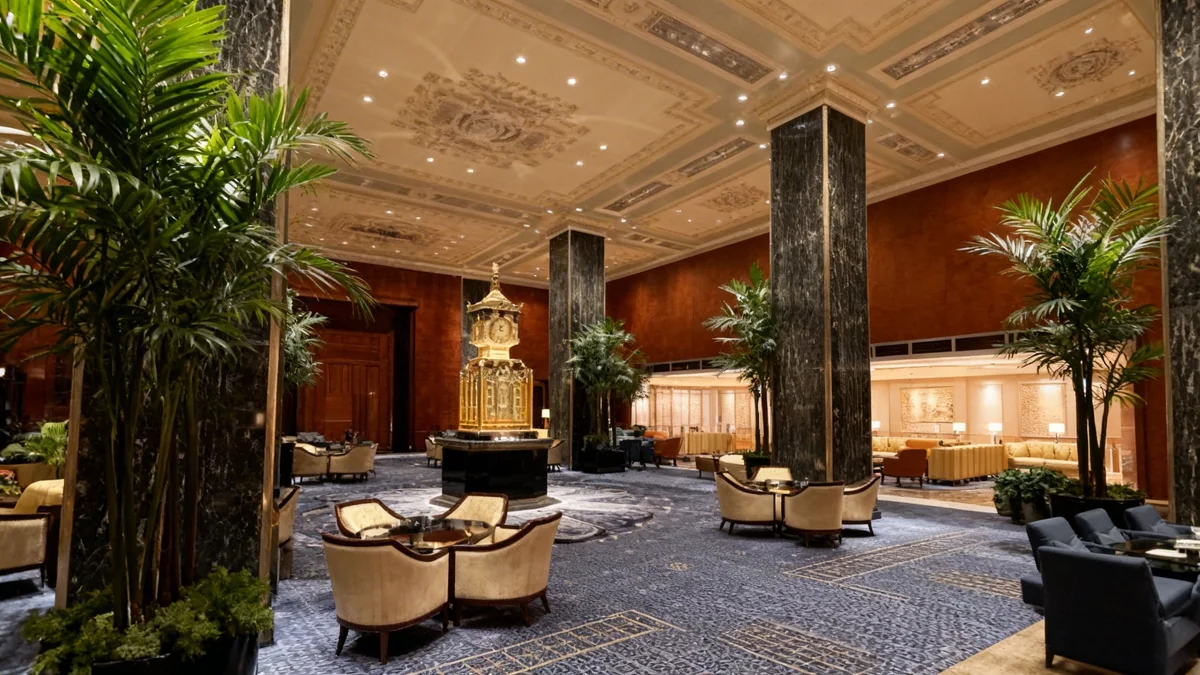Spirit Airlines' recent financial difficulties highlight a growing problem for budget carriers: the strategy of offering premium services may not solve their core issues. These airlines are dealing with higher operating costs, changing customer demands, and strong competition from larger, established carriers.
Spirit, after emerging from bankruptcy in March, attempted to attract more affluent travelers. However, the airline filed for bankruptcy again within six months. This shows the limits of a strategy many low-cost airlines are now trying, often with mixed results.
Key Takeaways
- Low-cost airlines face increased operating costs and intense competition.
- Adopting premium strategies has not consistently improved financial performance for budget carriers like Spirit.
- Legacy airlines are effectively competing for price-sensitive customers with basic economy fares.
- Brand perception remains a hurdle for discount airlines trying to attract premium travelers.
Rising Costs and Market Pressure
Operating expenses for low-cost airlines have significantly increased since the pandemic. Wages, aircraft lease costs, and other operational outlays have eroded the cost advantage these carriers once enjoyed. This economic shift has impacted their ability to offer the lowest fares consistently.
At the same time, inflation has hit the core customer base of budget airlines harder. Many of these travelers are more sensitive to price changes. This creates a difficult situation for low-cost carriers, caught between rising costs and a shrinking market share.
Operating Expense Jump
- Spirit's operating expenses were 118% of revenue in the June quarter, up from 84% in 2019.
- Frontier's expenses reached 108% of revenue, a 24-percentage-point increase from pre-pandemic levels.
Competition from Major Airlines
The three largest U.S. airlines—Delta, United, and American—have adapted their strategies. They now use larger aircraft and have expanded their basic economy offerings. This allows them to compete directly for travelers who prioritize low prices.
This move by legacy carriers intensifies the pressure on budget airlines. It removes a key differentiator that low-cost carriers once relied upon. The market has become more competitive across all price points.
"The proliferation of basic economy was the thing that really hurt," said David Neeleman, CEO of Breeze Airways. He noted that smaller carriers like Breeze and Allegiant have found success by focusing on nonstop routes without direct competition.
The Premium Pivot and Its Impact
Spirit Airlines tried to attract more profitable customers by introducing premium features. These included priority boarding, complimentary snacks and drinks, streaming Wi-Fi, and free checked bags. These services were once uncommon for an airline known for its basic model.
Frontier Airlines, a close competitor, has made similar changes. They added first-class-style seating and expanded loyalty benefits. Breeze Airways also offers bundled amenities and larger seats, aiming for a middle ground between budget and full-service carriers.
Hybrid Model Challenges
The shift to a hybrid model adds complexity to airline operations. Low-cost carriers built their business on simplicity and efficiency. Introducing more services can complicate logistics and dilute the original cost-effective model.
Analysts question whether these premium offerings can truly compete with the established services of legacy airlines. The perception of value and service quality remains a significant hurdle.
Financial Performance Declines
Despite these strategic shifts, Spirit's financial performance suffered. Quarterly revenue dropped by 20% due to a significant decrease in passenger numbers. Non-fuel operating costs also surged.
Spirit reported a $246 million loss in the June quarter. Frontier Airlines also experienced a $70 million loss during the same period. This indicates that the premium strategy has not yet translated into improved financial results for these carriers.
- United's basic economy fares accounted for 15% of domestic sales last year, a 2-point increase from 2023.
- United's Chief Commercial Officer, Andrew Nocella, described their basic economy offering as a "home run."
Brand Perception and Customer Trust
Discount airlines face a significant challenge in changing their brand image. They have a long-standing reputation for "nickel-and-diming" customers. This perception makes it difficult to attract travelers seeking a premium experience.
Both Spirit and Frontier ranked last in J.D. Power's customer satisfaction survey this year. A U.S. Senate report revealed that these airlines paid $26 million in incentives to staff between 2022 and 2023 to enforce bag policies. This practice reinforced their image as strict on extra fees.
"The only reason why people are buying them is because they're basically coupon-clipping," stated Michael Taylor, senior managing director at J.D. Power. This highlights the price-driven nature of their customer base.
Efforts to Improve Image
Both Spirit and Frontier have taken steps to improve their public image. They eliminated standard change and cancellation fees on many fares. Frontier also extended flight credit validity, streamlined boarding processes, and brought back live phone support for elite loyalty members.
However, some travelers remain unconvinced. Lesly Simmons, a tech marketing professional from San Francisco, recounted paying twice for a checked bag on a Frontier flight and never receiving a refund. She expressed a preference for established airlines that have consistently provided good service.
This suggests that rebuilding trust and changing long-held brand perceptions will require sustained effort and consistent positive experiences for customers. The path to becoming a hybrid carrier with broad appeal remains challenging for these budget airlines.
According to Frontier CEO Barry Biffle, legacy carriers use loyalty programs to subsidize basic economy fares. He urged lawmakers to remove barriers preventing budget airlines from competing equally. Biffle stated, "Too many gates are locked, and too many doors are closed."
Customer Satisfaction
- Spirit and Frontier ranked last in J.D. Power's customer satisfaction survey this year.





